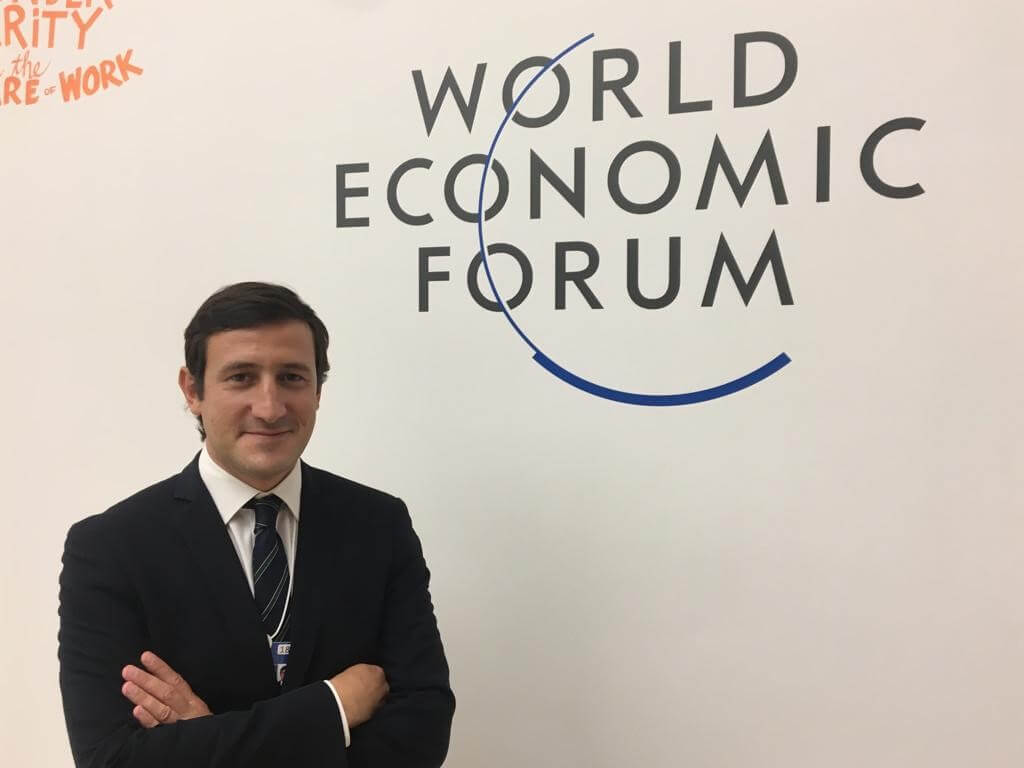A Chance for Manufacturing Companies to Rethink Their Future
- When COVID-19 first struck, many experts thought this would be a long-term crisis also for the manufacturing industry.

Will there be a great reset or will we simply go back to business as usual? Francisco Betti, Head of Shaping the Future of Advanced Manufacturing and Production at World Economic Forum gave us his view.
I feel that real change is happening, not only because of the COVID-19 pandemic but also the long-term trends, Francisco Betti says.
The transformation of the manufacturing industry started long before the COVID-19 with global mega-trends like climate change, the fourth industrial revolution and geopolitical tensions – the pandemic massively accelerate this transformation. Francisco Betti:
Companies need to rethink their approach to manufacturing and supply systems. And as they do so, they’re going far beyond the question of how to bring back production and see this as an opportunity to rethink how they operate, engage and deliver value to their customers, society and the environment.
Six areas to focus on
1. Resiliency.
– Future proof manufacturing supply systems by leveraging technology. It’s not unrealistic to think that the number of crisis – whether it’s a pandemic or a climate situation – that could disrupt manufacturing supply systems are going to both intensify and be more frequent.
2. Accelerate technology adoption.
– And we need to do it in an inclusive way. Still today, a majority of manufacturing companies do not see the impact of the advanced manufacturing technologies and solutions. Governments and companies have to work together to give these companies the support needed.
3. Maximize the power and value of data.
– This applies both on a company level and in the whole ecosystem. For example, we have to address the need of new standards if we want the fourth industrial revolution to become a reality.
4. Engagement.
– The workforce is the key enabler for technology adoption. Reskilling and upskilling is crucial. We have to define which skills are needed and find ways to enable reskilling and upskilling in these areas. But we also need to think about how we use technology in the cleverest way by putting the worker at the center and see how technology can help enhancing the workers abilities. Last but not least we have to make a manufacturing career attractive for younger generations.
5. Sustainability.
– We’re entering an era when companies need to be carbon neutral, or even carbon negative. We have to cut emissions but also move from linear to circular value chains and design for reuse, recycling and remanufacturing – and there’s a lot of technology supporting that.
6. New value creation.
– We now see that companies start to look at operations not as a cost but as enablers of future transformations to make better products, new products or become service providers.

